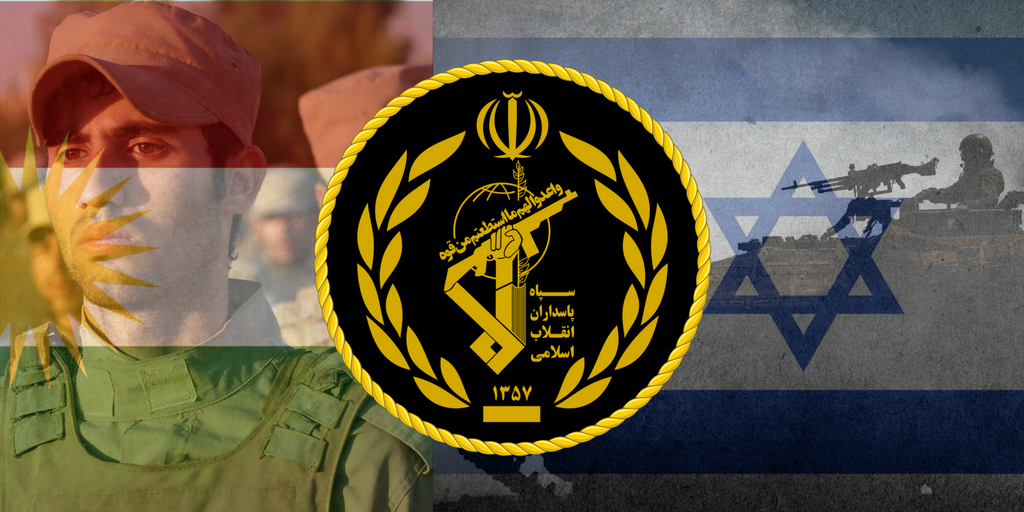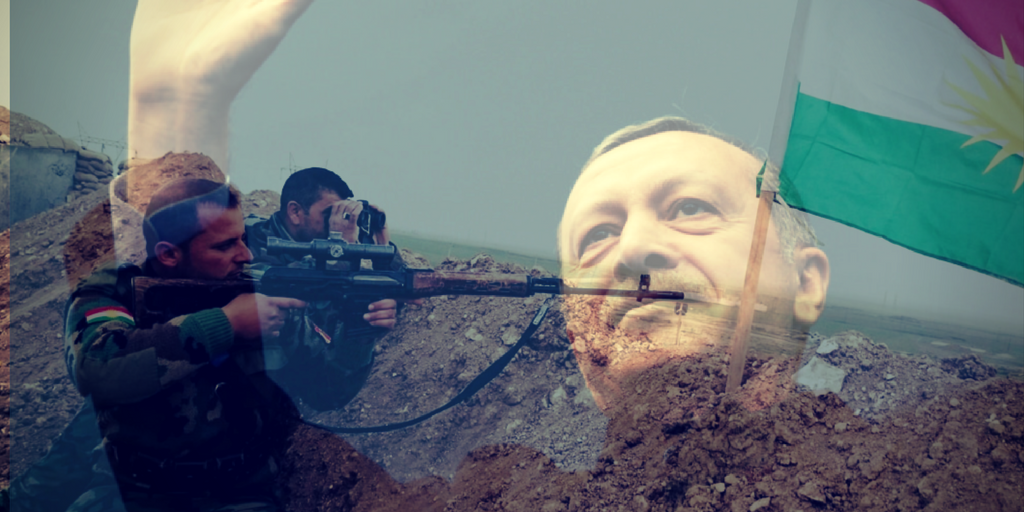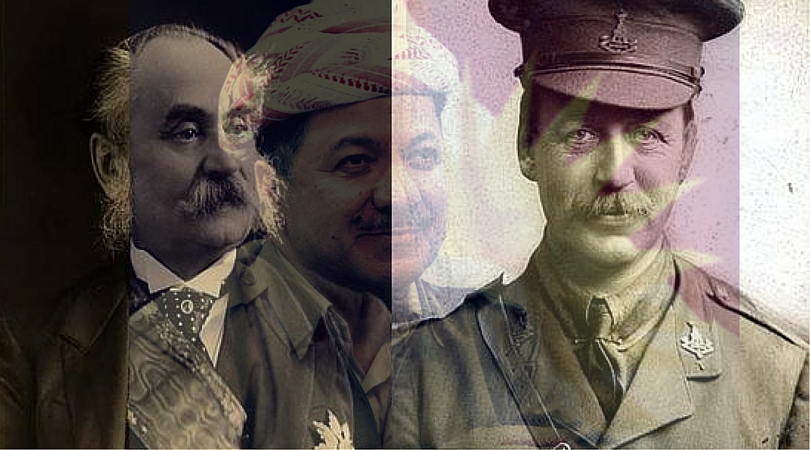Sources close to us have confirmed that Qassem Suleimani, the head of Iran’s Al Qud’s Force is currently paying a visit to the Kurdish Regional Government (KRG) in Erbil, Iraq. The purpose of the visit is to force Masoud Barzani to call off the referendum for Kurdish independence scheduled for September 25th.
Although a calm atmosphere and warm words are expected to be exchanged Barzani would not be able to call off the vote even if he wanted to. The Kurds of Iraq are prepared to vote overwhelmingly for independence. Furthermore, Iran like Turkey is scared that this vote will give a strong signal to Kurdish areas in their own countries to begin pushing for their own autonomy if not independence altogether.
Given this, Suleimani has a secondary goal should Barzani not bow to Iran’s threats and that is to create a division between the Iraqi Kurdish leadership and those Iranian Kurdish groups stationed in the Eastern part of the KRG whose aim is to help win autonomy for the 15 million Kurds in North West Iran.
Once again General Suleimani will receive assurances, but these will in fact be empty leaving Iran no choice but to go head to head with the Iranian Kurds post September 25th.
In fact, a large Iranian armed force is already positioned within the Iranian Kurdish region in preparation for decimating the indigenous Kurds who live there.
Iran Seeks to Stop Kurdistan While Preparing to Invade Israel
The issues of an independent Kurdistan and Israel are intertwined in the minds of Iran. The Iranian regime views Kurdistan as a forward base for what they call the “Zionist Entity.” Breaking a free Kurdistan is key to rolling back a direct threat to their regime in order to have full focus on Israel’s Golan and Galil. Already, Iran, Hezbollah, and Syria have moved troops into position under Russian protection.
For Israel, who already has defense pacts with Azerbaijan, a free Kurdistan would push back on Iran’s aggressive stance and give Jerusalem a counterbalance. Knowing that the friendship between Israel and the Kurds goes far back, Iran is now pushing in the extreme to stop Erbil’s plans towards a free and independent Kurdistan.





![Sykes-picot[1]](http://israelrising.wpengine.com/wp-content/uploads/2016/05/Sykes-picot1.png)